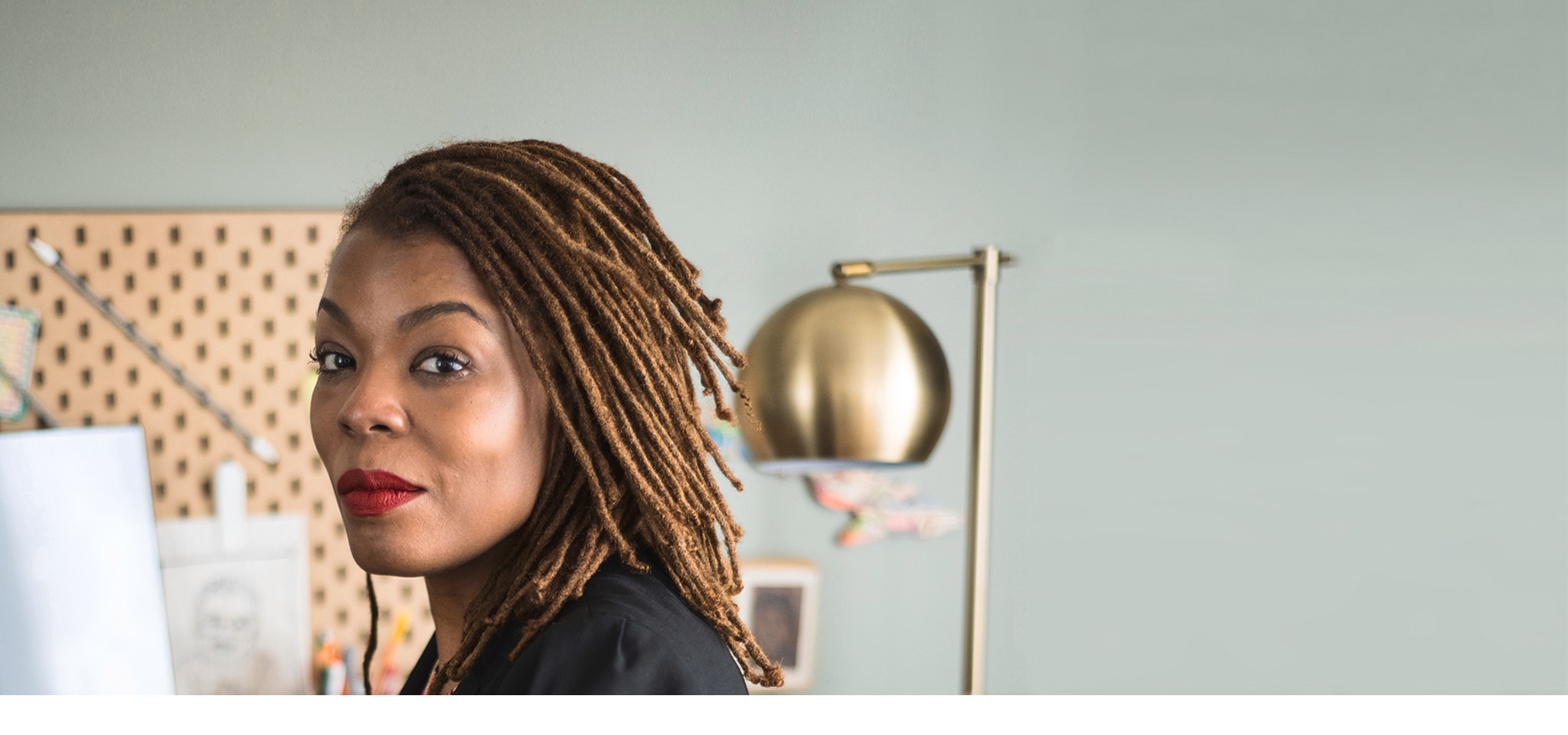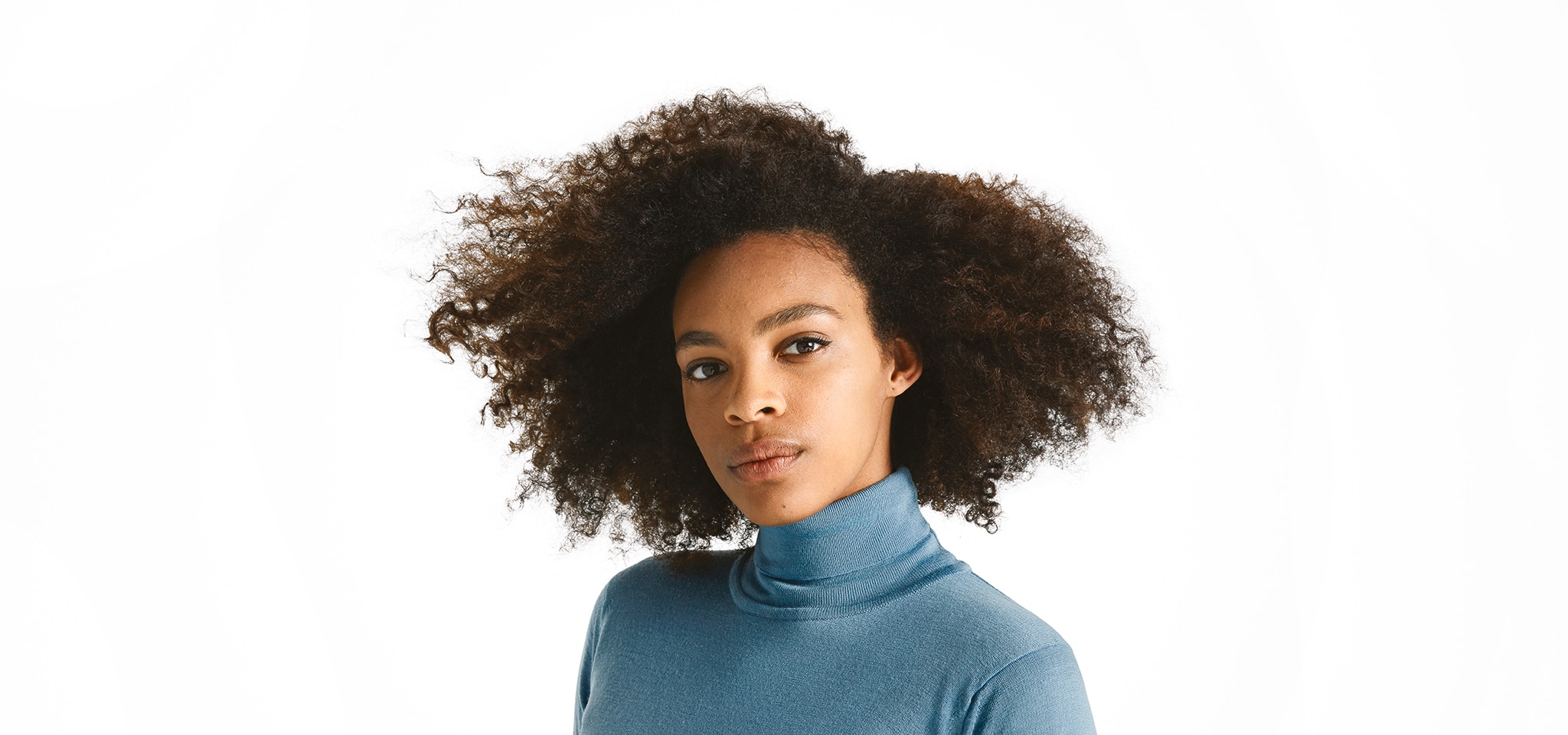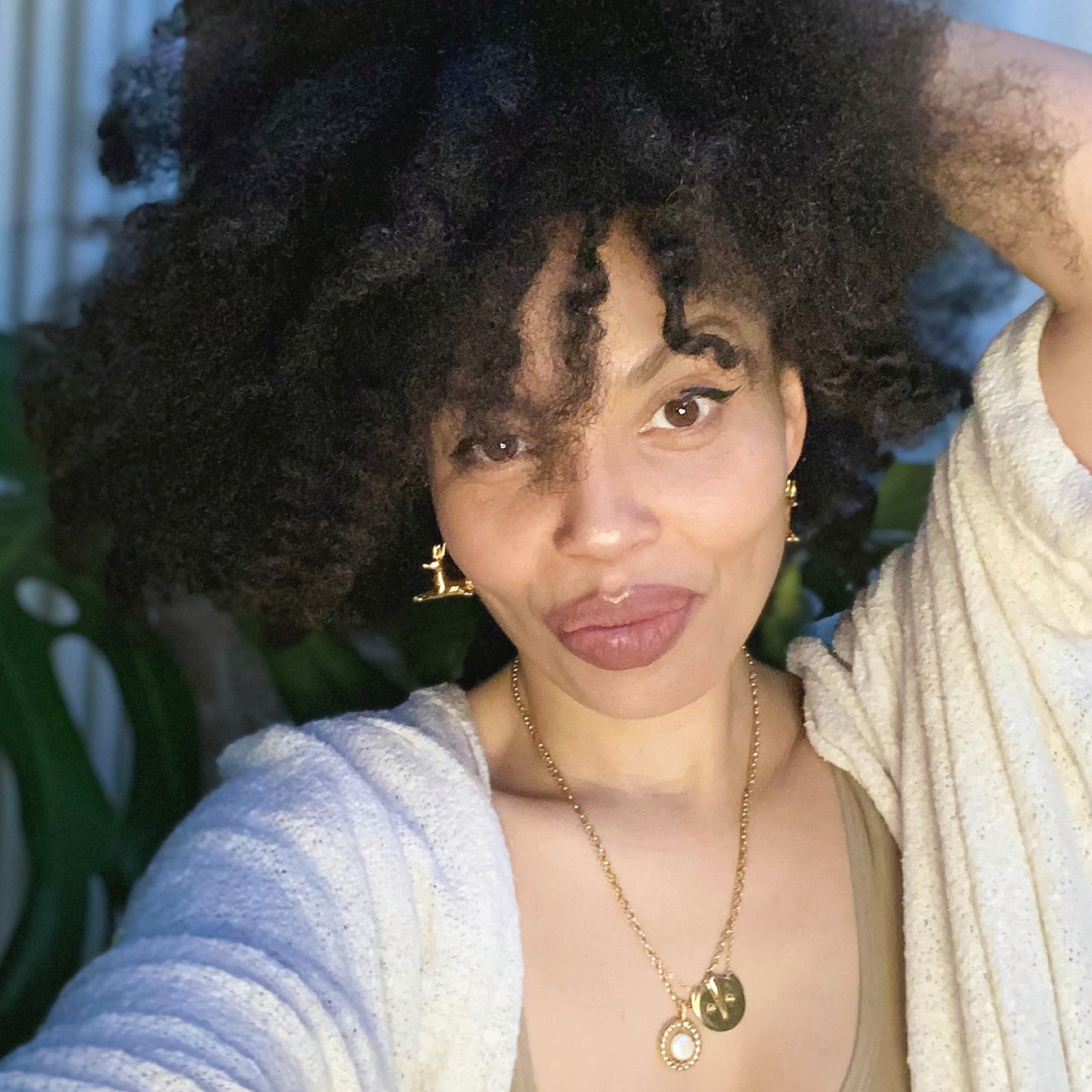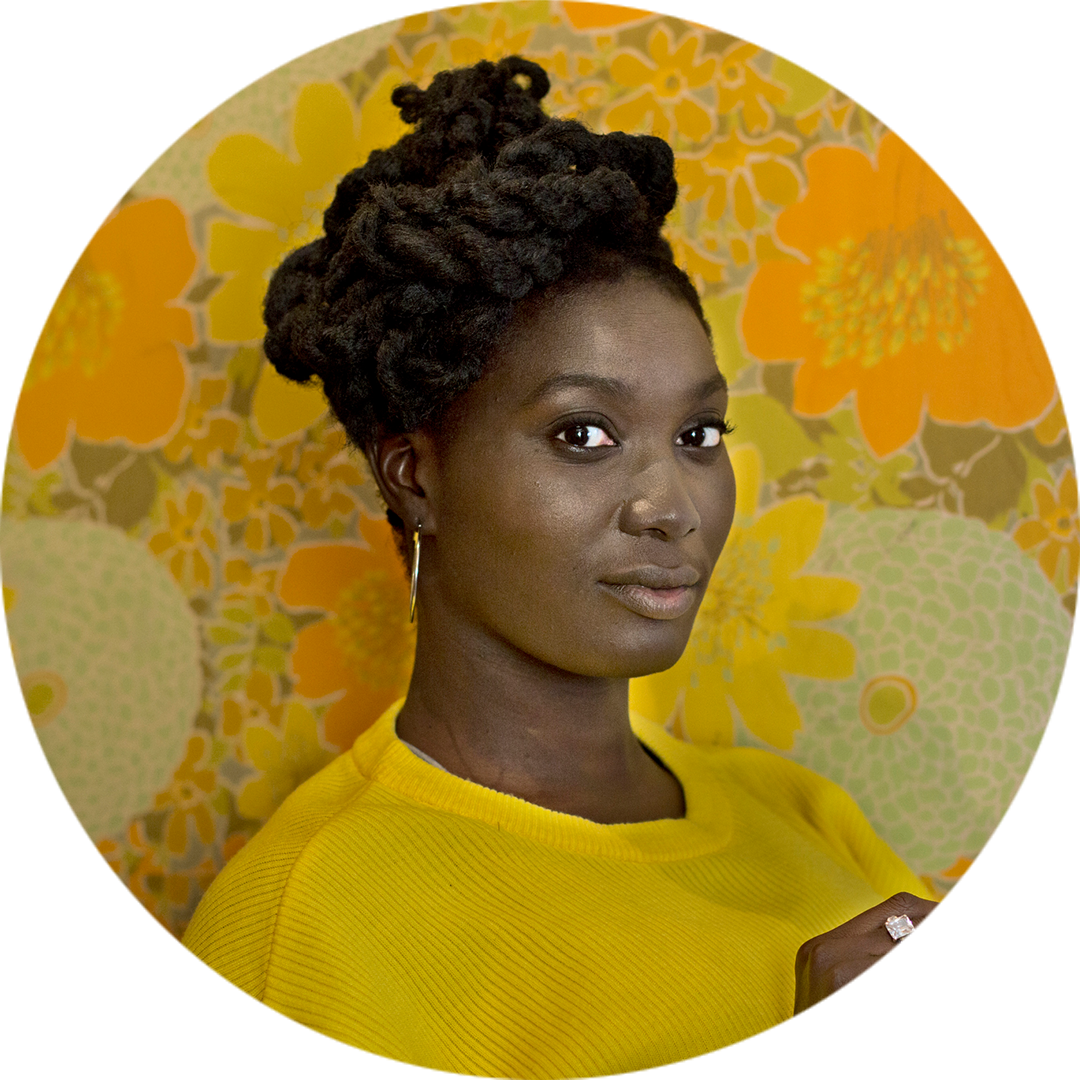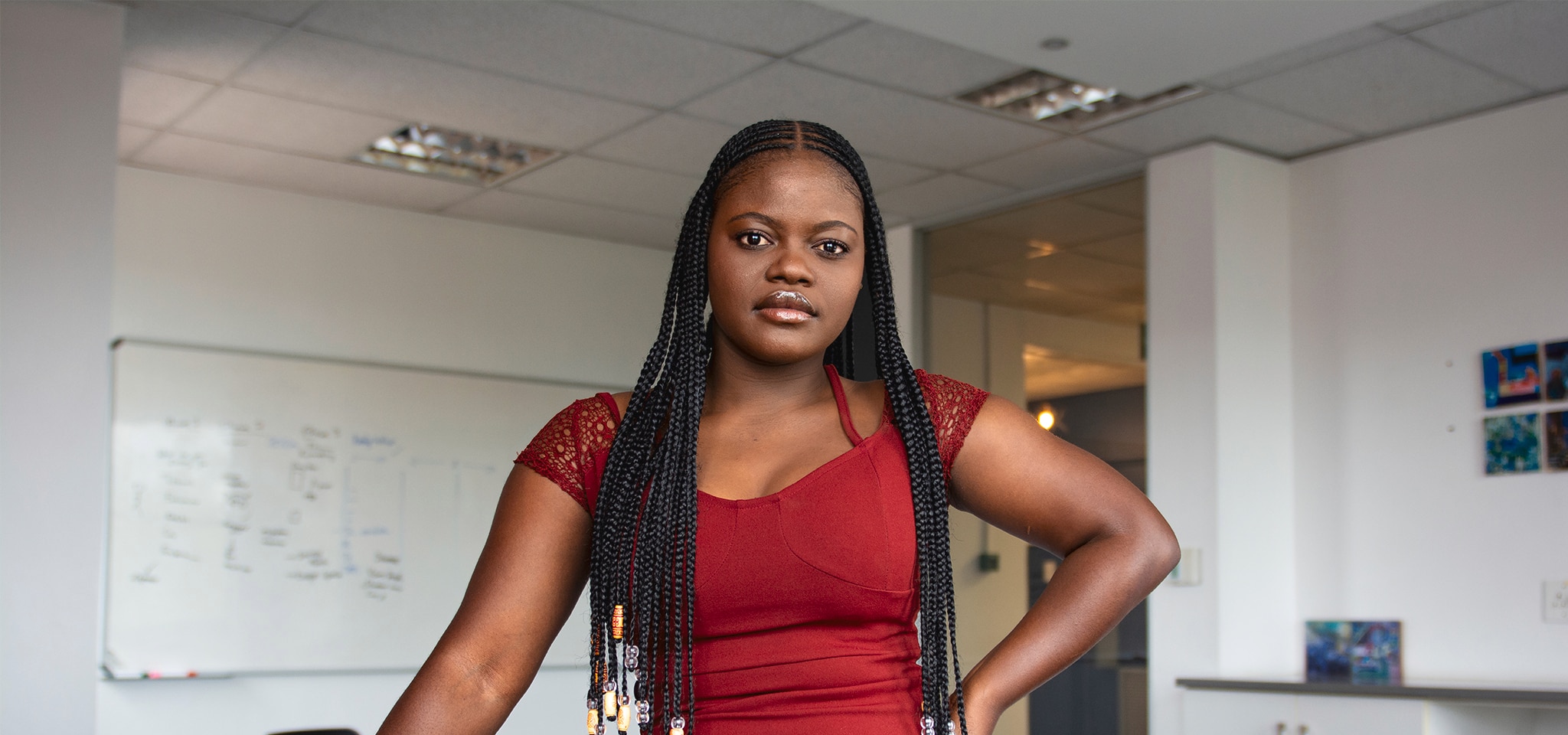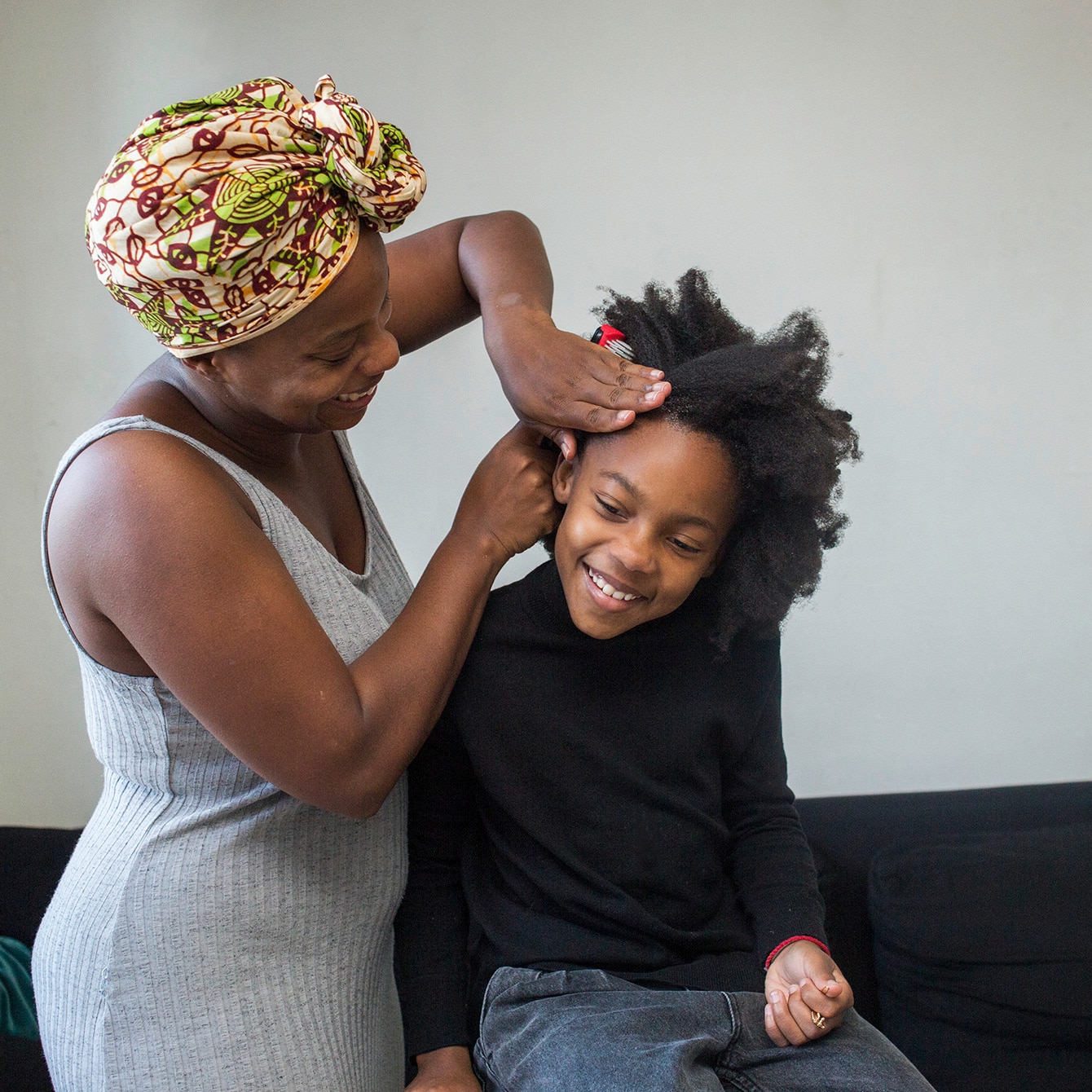That’s where the Halo Collective comes in. The UK’s first organisation to create a hair code that helps combat Black hair discrimination in schools and workplaces. The Halo Code is a set of guidelines which are signed by schools and businesses to help protect Black children and employees from being unfairly treated because of their natural hair texture or style.
Over half of Black adults say that race-based hair discrimination has impacted their ability to advance at work or school. That’s why initiatives like the Halo Code are essential. We’re dedicated to empowering Black women and girls both in and beyond classrooms and offices, which is why we’re proud to be the first brand to adopt the Halo Code. Beauty has no boundaries and everyone should be free to wear their natural hair however they want, without it affecting their educational and professional success.
Hair bias begins in the classroom
School is the first environment where we truly interact and engage with others. As it’s also the first place children go to, with rules and policies, it can take time for them to get used to wearing a uniform. Uniqueness should be celebrated – but traditional Black hairstyles such as braids, canerows and dreadlocks don’t fit into uniform policy. This means that many Black children are punished – or even suspended – simply because of their natural hair.
In recent years, discrimination cases have made the headlines with Black children as young as five being sent home because their hair wasn’t seen as appropriate. When common Black hairstyles are seen as unruly and untidy, it tells Black children that they aren’t welcome in society.
No child should be told that they’re breaking the rules because of how their hair naturally grows. Yet, Black children are often singled out and made to feel different because of it. For parents, it’s devastating, but it’s even worse for the child. Being accused of breaking rules and being told that their hair isn’t good enough, without truly understanding why, can negatively affect their self-esteem and confidence. It has harmful implications for their future and it can stop them from reaching their full potential.
Working with hair bias
Moving from school to the workplace, the burden of hair discrimination gets heavier. The working world has even more rules and barriers to entry. Professionalism is often tied to European beauty ideals and Black women are told that their hairstyles aren’t suitable for their working environment. Corporate grooming guidelines often refer to ‘sensible’ attire to make a positive impression. Black hairstyles are often targeted for not adhering to these policies.
In our recent study, we found that 80% of Black women felt the need to alter their natural hair to fit in at work – because their capability is judged by their hairstyle. In a professional setting, women should be judged by their experience and skillset, not their hair. But women with traditional and culturally-rich styles that don’t conform to eurocentric beauty standards (like locs, braids and bantu knots) were often seen as unprofessional, or lacking in competence. If hairstyles don’t affect work performance, then why are Black women being treated like this?
Racial hair discrimination and scrunity has a big impact on Black women. They have to think about how their hair will be viewed by their employers which can actively prevent them from career growth. When Black women are held back from getting their dream job or promotion, the Black economy and community suffers. Nobody should have to change their hair to be seen as valuable.
The Halo Code is creating change
Black people should always feel comfortable and accepted. By adopting the Halo Code, schools and workplaces pledge to embrace and celebrate Black hair. The Halo Code has a firm set of guidelines to protect students and staff from barriers and judgements because of their hair. Resources are also provided for teachers and staff to understand why negative language can be so detrimental to a young person’s self-esteem and future. Change starts with education.
Black hair should be a source of joy not shame. Creating crucial changes for the future can be as simple as adopting the Halo Code in your school, workplace or signing a petition. Despite equality legislation, there is still not enough legal protection against hair discrimination for Black adults and children in the UK. Dove Partners Emma Dabiri and Zina Alfa have both created petitions to make hair discrimination illegal under the UK Equalities Act. Add your signature too. Change starts today.

